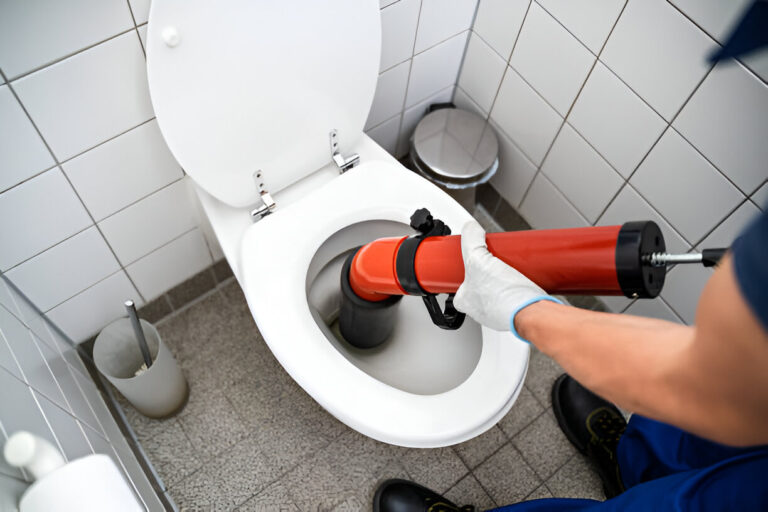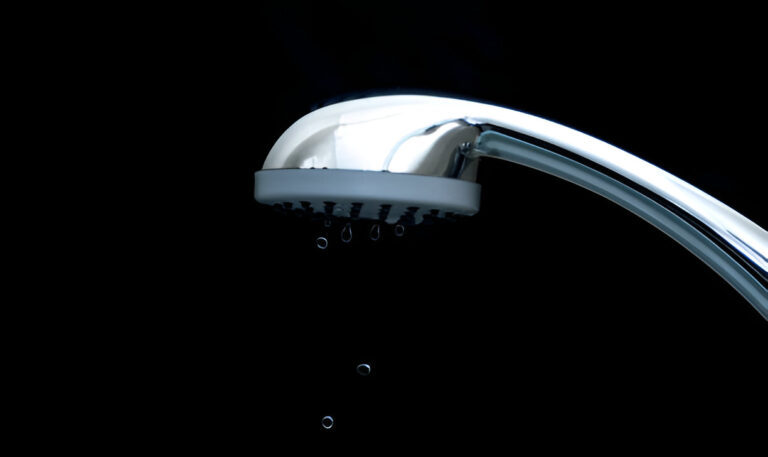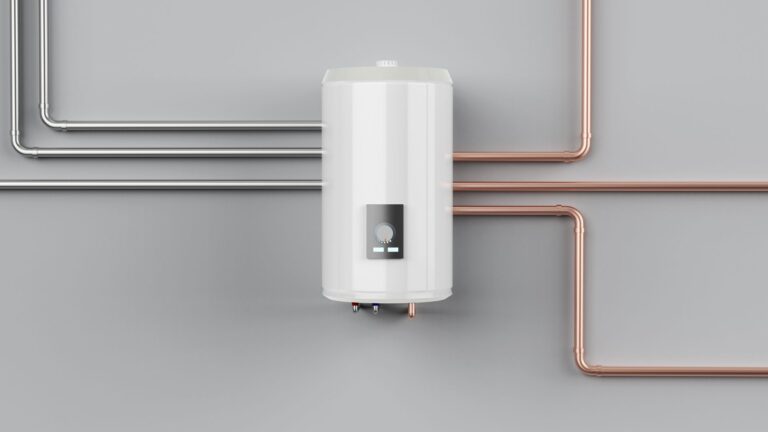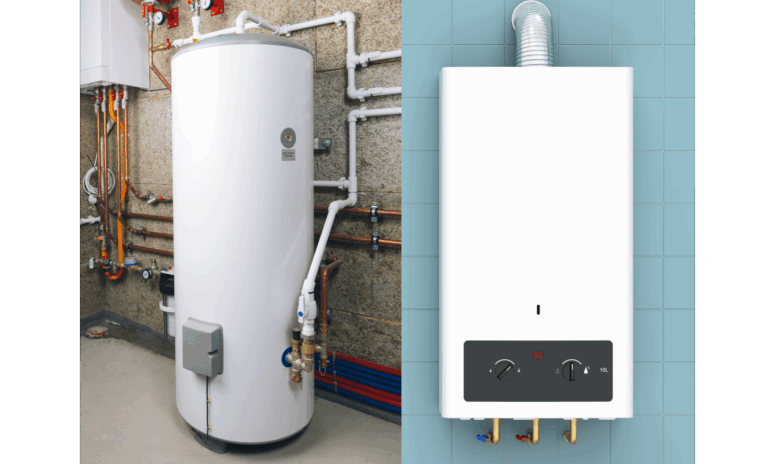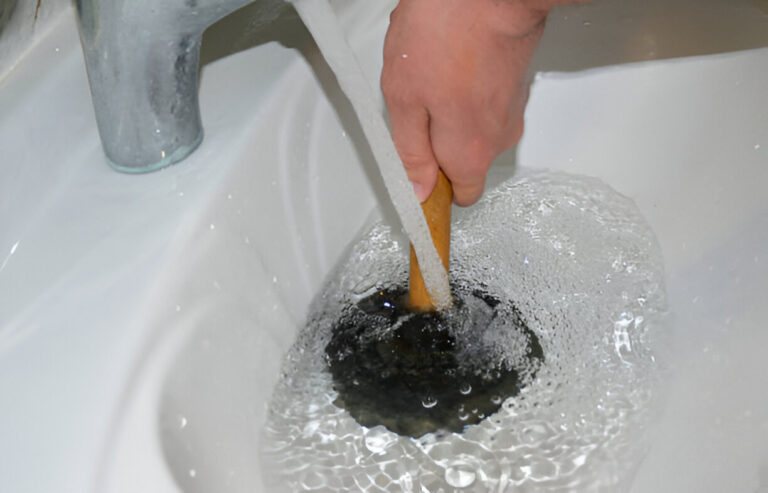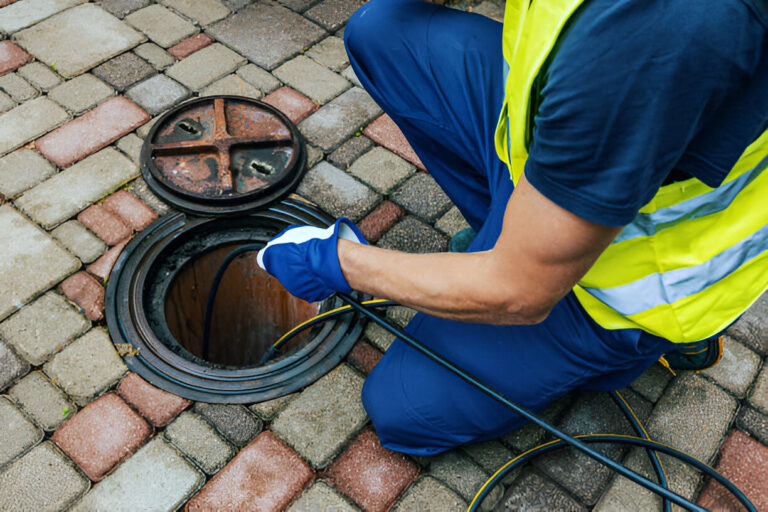Why Does My Hot Water Smell Like Rotten Eggs?
Opening your faucet only to be greeted by hot water that smells like rotten eggs is unpleasant, and concerning. This foul smell, often described as sulfur-like, is a common issue for many homeowners. While it’s rarely dangerous on its own, it’s usually a sign of underlying water quality or equipment problems that require attention.
In this guide, we’ll break down why hot water sometimes develops that eggy odor, what it means for your water heater and plumbing, and the solutions you can use to restore fresh, clean water.
Understanding the Rotten Egg Smell in Hot Water
That sulfur-like odor is almost always linked to hydrogen sulfide gas (H₂S). According to the U.S. Geological Survey (USGS), hydrogen sulfide can naturally occur in groundwater as a result of decaying organic matter and chemical reactions with minerals.

When present in your water supply, this gas becomes much more noticeable when heated. Why? Because heat intensifies the release of hydrogen sulfide, amplifying the rotten egg odor in your hot water compared to your cold taps.
While low concentrations of hydrogen sulfide aren’t usually harmful to health, the smell can be overwhelming, and it may corrode pipes or stain plumbing fixtures if left untreated.
What Causes the Rotten Egg Smell in Hot Water?
Several factors can create the perfect conditions for hydrogen sulfide to develop in your plumbing system:
1. Bacteria in the Water Heater Tank
- The most common culprit is sulfur-reducing bacteria.
- These bacteria thrive in warm environments and interact with the water heater’s anode rod (typically made of magnesium or aluminum).
- The reaction produces hydrogen sulfide gas, which escapes into your hot water.
2. Anode Rod Reaction
- The anode rod is designed to protect your water heater from corrosion by sacrificing itself to attract minerals and bacteria.
- Over time, this rod reacts with naturally occurring sulfate in the water, leading to hydrogen sulfide production.
3. High Sulfate Levels in Groundwater
- Some private wells naturally contain high concentrations of sulfate minerals.
- When combined with heat and an anode rod reaction, these sulfates produce the foul odor.
4. Partially Drained or Stagnant Water Heaters
- If your water heater sits unused for days or weeks, stagnant water provides a breeding ground for bacteria.
- Once reheated, the system releases strong sulfur odors.
Health and Safety Concerns: Is It Dangerous?
For most households, the rotten egg smell is more unpleasant than harmful. According to the Agency for Toxic Substances and Disease Registry (ATSDR):
- Hydrogen sulfide is detectable at very low concentrations (as little as 0.5 parts per billion).
- In household water systems, levels are usually far below health-risk thresholds.
However, long-term exposure to hydrogen sulfide in your water system can lead to:
- Corrosion of metal pipes, water heaters, and fixtures.
- Staining on sinks and tubs.
- Altered taste of food and beverages prepared with hot water.
In rare cases, extremely high concentrations of hydrogen sulfide (such as in industrial or contaminated well water scenarios) can be toxic. But for typical homeowners, the primary concern is maintaining water quality and preventing plumbing damage.
How to Diagnose the Source of Rotten Egg Smells
Before jumping into fixes, you need to determine where the smell originates:
- Cold vs. Hot Water Test
- If only the hot water smells, the water heater is likely the problem.
- If both hot and cold water smell, the issue may be with your well or municipal supply.
- Single Faucet vs. Entire House
- If only one faucet smells, the problem may be local buildup in the pipes.
- If the entire house is affected, the issue is systemic.
- Professional Water Testing
- Having your water tested for sulfates, bacteria, and pH levels provides a clear diagnosis.
- This helps determine whether the issue is rooted in your water supply or your water heater system.
Short-Term Fixes Homeowners Can Try
While professional service is often the best solution, there are a few homeowner-level fixes:
- Flushing the Water Heater
- Draining and flushing the tank removes stagnant water and bacteria.
- Best for temporary relief, but the odor often returns.
- Raising Water Heater Temperature
- Temporarily increasing the water temperature to 140°F can kill odor-causing bacteria.
- Always exercise caution and consult an HVAC professional before adjusting temperatures.
- Running Chlorine or Hydrogen Peroxide Treatments
- Sanitizing the tank with diluted chlorine bleach or hydrogen peroxide can kill bacteria.
- However, these treatments need repeating if the root cause (anode rod or sulfates) isn’t fixed.
Long-Term Solutions for Rotten Egg Smelling Water
If you want to eliminate the smell for good, here are the proven methods:
1. Replacing the Anode Rod
- Replacing the magnesium anode rod with an aluminum-zinc alloy rod often solves the problem.
- Zinc resists sulfur-reducing bacteria and reduces hydrogen sulfide production.
2. Powered Anode Rods
- Electric anode rods use a small current instead of metal corrosion to protect the tank.
- These rods prevent odor without sacrificing protection for your water heater.
3. Installing a Whole-Home Water Filtration System
- Activated carbon filters can absorb hydrogen sulfide gas.
- Aeration systems convert hydrogen sulfide into sulfate, eliminating odors.
- Oxidizing filters (manganese greensand, chlorine injection, or ozone treatment) neutralize hydrogen sulfide and bacteria.
4. Professional Disinfection and Maintenance
- A licensed plumber or HVAC technician can disinfect your water heater and plumbing system using specialized tools and safe solutions.
- Routine maintenance helps prevent bacteria buildup before odors return.
Cost of Fixing Rotten Egg Smelling Water
Here’s what homeowners can expect in terms of typical costs:
| Solution | Average Cost (USD) | Notes |
| Water heater flush | $100 – $200 | Temporary fix; often needed annually |
| Anode rod replacement | $150 – $300 | Permanent solution for most households |
| Powered anode rod installation | $250 – $600 | Long-term, maintenance-free option |
| Whole-home filtration system | $1,000 – $3,000+ | Best for well water with high sulfates |
| Professional disinfection service | $200 – $500 | Kills bacteria but may need repeating |
Preventing Rotten Egg Smell in the Future
To avoid dealing with smelly hot water again, homeowners should:
- Schedule annual water heater maintenance.
- Replace anode rods proactively before failure.
- Consider whole-home filtration if you use well water.
- Run faucets regularly in guest bathrooms or vacation homes to avoid stagnant water.
Regular maintenance not only prevents odors but also extends the lifespan of your water heater and keeps plumbing in top condition.
When to Call a Professional
DIY flushing or chlorination might help short-term, but if the smell keeps coming back, it’s time to call in the experts.
Professional plumbers can:
- Test your water chemistry.
- Replace or upgrade your anode rod.
- Install filtration or treatment systems.
- Ensure your water heater operates safely and efficiently.
Final Thoughts
Hot water that smells like rotten eggs is a sign your water heater or supply needs attention. While not usually dangerous, it’s unpleasant, corrosive, and damaging if ignored.
At Redwood Plumbing and Drain Cleaning INC., we specialize in diagnosing and solving water quality and water heater issues. From anode rod replacement to whole-home filtration systems, our team ensures your family enjoys fresh, clean, and odor-free hot water.
Call us (707) 574-9875 today to schedule your water quality inspection and keep your hot water fresh and safe.



